Phone calls, emails, interviews, lectures, tours, meetings, and more phone calls.
Dr. Robert Luckett has been a very busy man since joining Jackson State University in 2009 as the director of the Margaret Walker Center for the Study of the African-American Experience. It’s a schedule that the native Mississippian has become accustomed to since planning started six years ago for this year’s centennial birthday celebration of writer and educator Margaret Walker. Fittingly, “This is My Century” is being used for the celebration theme, after the last poem Walker wrote.
As a driving force behind the centennial celebration, Luckett clearly embraces the busy schedule.
“Our goal is to return her to the national consciousness, to lift her up to the place she deserves. When we talk of other Mississippi writers — Eudora Welty, Richard Wright, Faulkner, Tennessee Williams — she’s never on the list. And that’s crazy. We need to give her her due.”
Statewide attention
In that spirit, Walker’s life and work figured prominently at the Natchez Literary and Cinema Celebration in February and The Oxford Conference for the Book in March. The city of Jackson, the Jackson/Hinds Library System, the Mississippi Humanities Council and the organizers of the new Mississippi Book Festival to be held in August in Jackson are among those rallying around the effort.
Jackson Mayor Tony Yarber selected Walker’s Jubilee as the book for his citywide 2015 reading initiative, and several lectures and panel discussions are scheduled through November. A gala celebration on what would have been Walker’s 100th birthday — July 10 — is to be held at JSU.
Memories

Jackson State also put Walker in the spotlight during its 47th annual Dr. Martin Luther King Jr. Birthday Convocation. Keynote speaker Paula Giddings, a professor of African- American studies at Smith College, recalled several stories from her friendship with Walker. Walker was only 21 when she published her signature poem, For My People, Giddings said. That poem “wasn’t just her signature poem, but our signature poem as a people.”
Giddings, who edited the book, A Poetic Equation: Conversations between Nikki Giovanni and Margaret Walker, published in 1974, recounted Walker’s struggles in returning to graduate school, taking out loans, moving to Iowa, having to care for her children, and ultimately reinventing herself and returning to JSU where she carved an arc as a leading literary light.
Walker had the knack of making people “better than they knew,” she said. “She loved to try new things, anything.” Jackson State University President Emeritus Dr. John A. Peoples Jr., among honorees at a For My People Awards Luncheon that same day, also recalled his friendship with Walker.
She was “one of my favorite colleagues,” he said. “She was a great person.”
Going Forward
Judging by the traffic to the Margaret Walker Center — about 7,000 visitors expected by the end of 2015, up from 2,500 in 2009 — Walker’s profile is being raised. In fact, Luckett said the interest in the civil rights movement itself “is going through the roof.”

He expects the number of visitors to grow with the anticipated opening of the Mississippi Civil Rights Museum in downtown Jackson in 2017 and from interest sure to be generated from a national traveling exhibition about Walker opening at the DuSable Museum of African- American History in Chicago in January. Using Walker’s life as a lens, the exhibit “examines the African-American experience from slavery, emancipation and Reconstruction through the Great Migration, The Harlem Renaissance, the modern civil rights movement and beyond.” ONEJSU



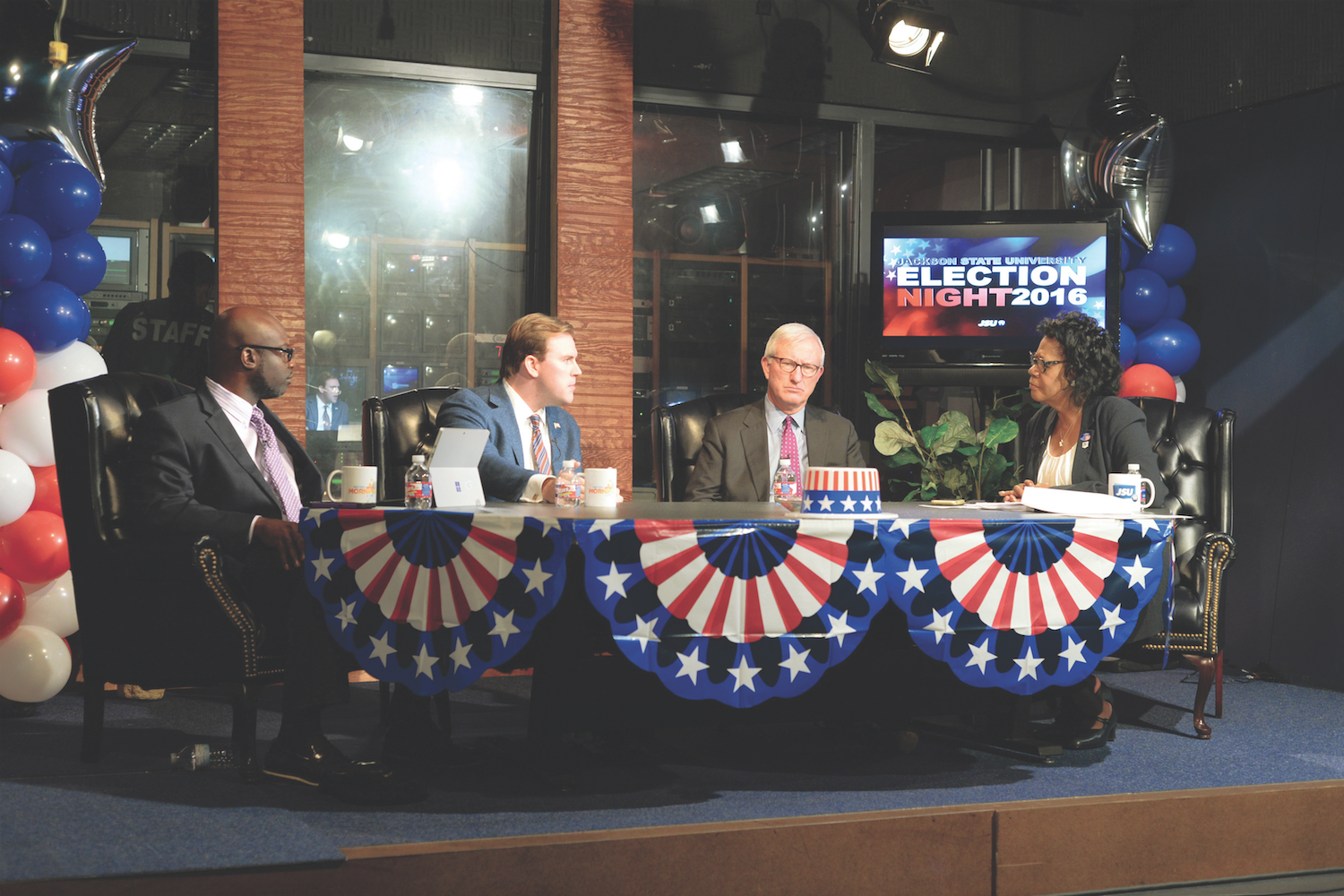

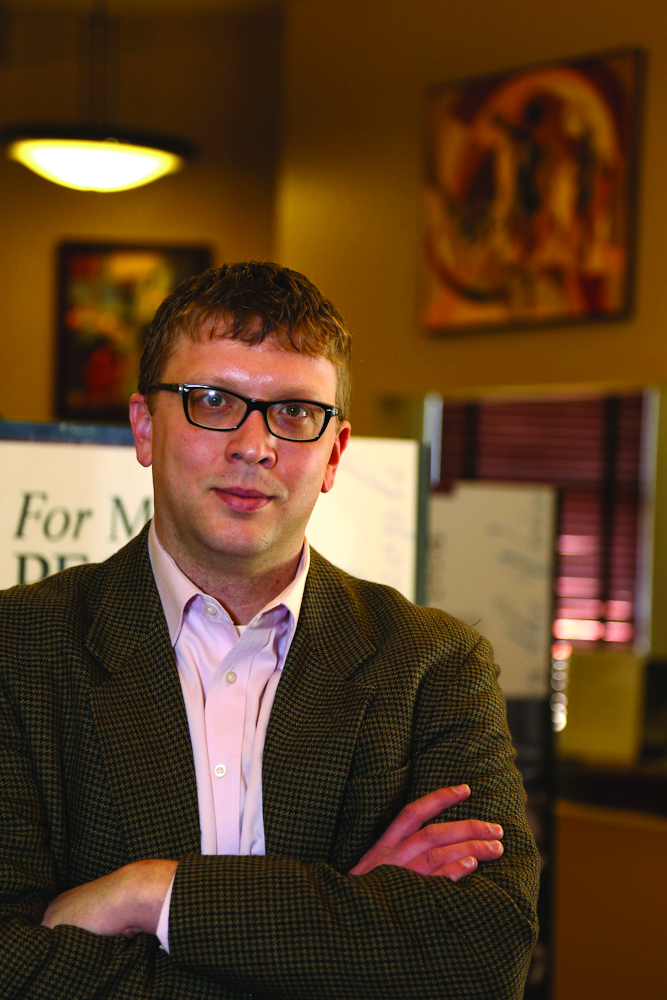
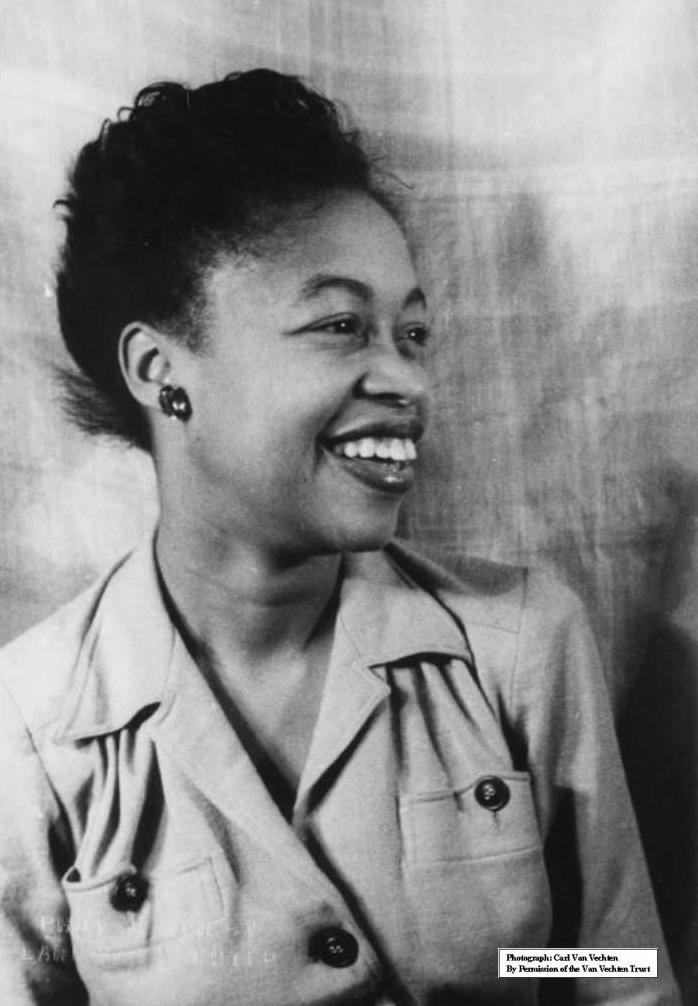

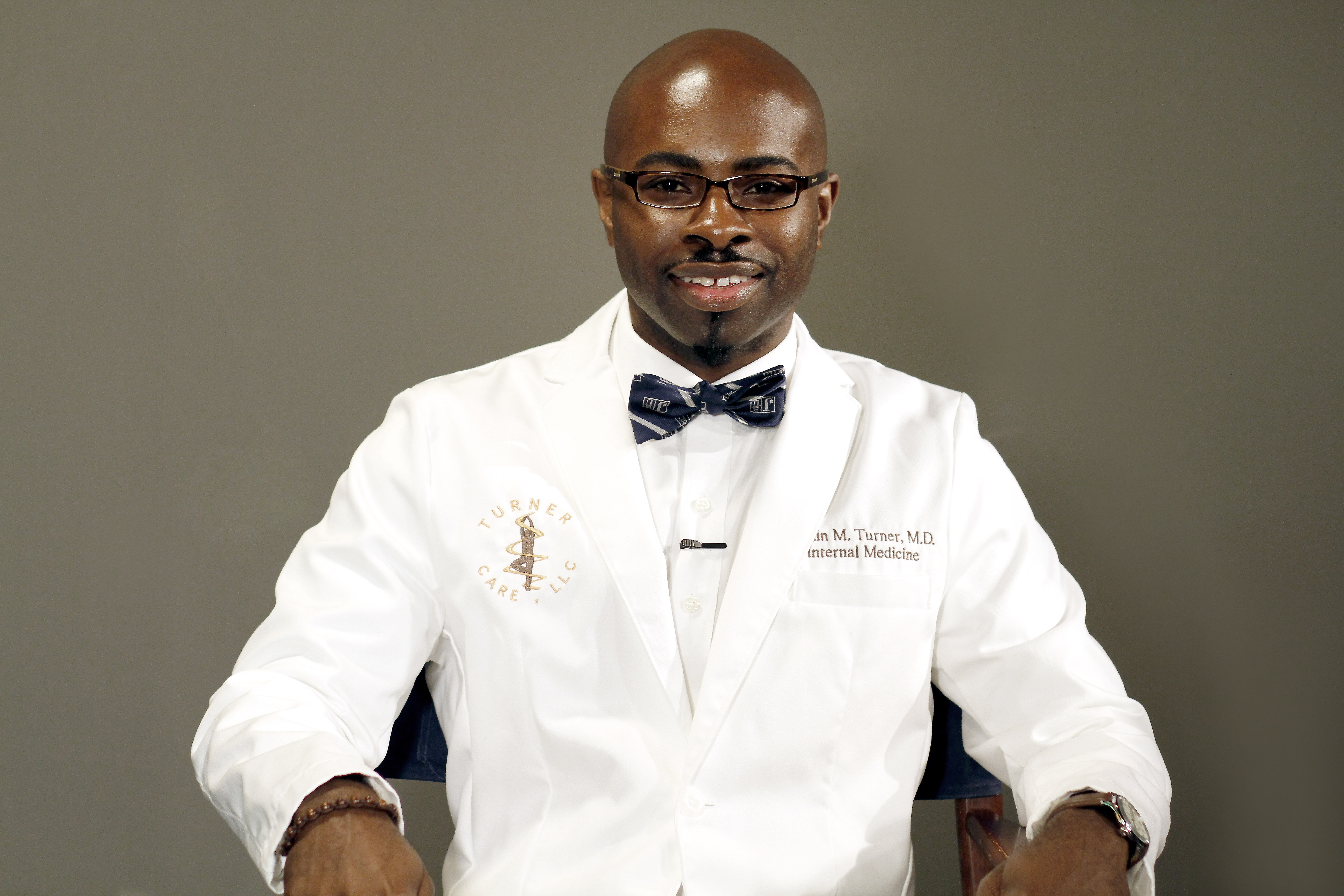
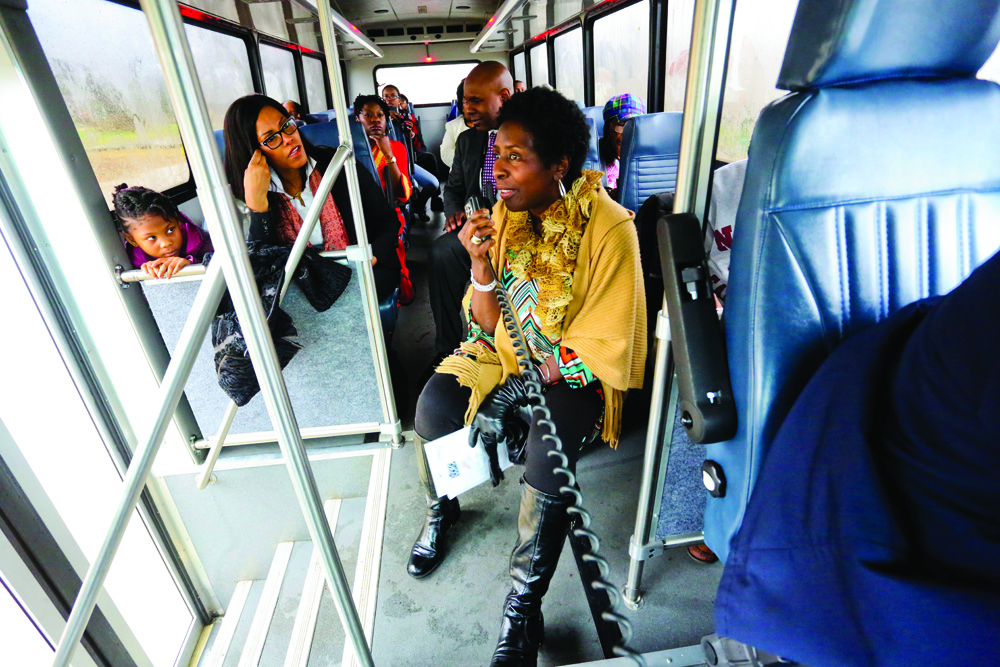
Leave a Reply